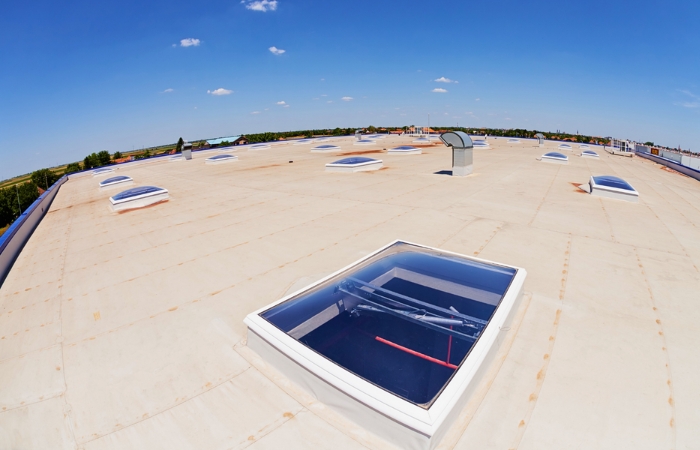
Commercial vs. industrial roofing: distinct roof types tailored for diverse buildings and businesses. They may both share the fundamental purpose of offering shelter and protection to our properties. Still, a closer examination of their details uncovers a range of subtle differences designed to meet specific objectives and showcase unique characteristics.
In the following, we'll break down the differences between commercial and industrial roofing to make it easier for us to understand these essential components in construction.
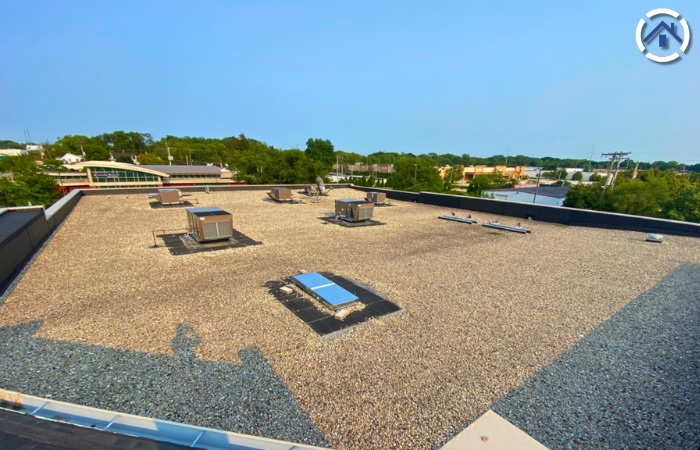
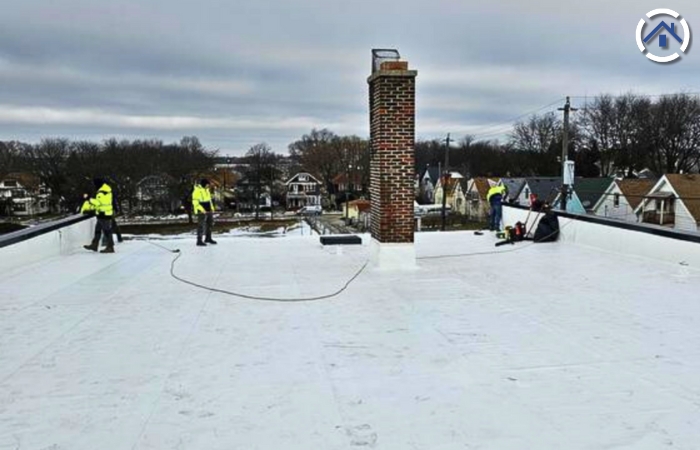
Commercial roofing offers a diverse range of materials to meet specific needs. Affordable asphalt shingles, durable metal roofing, and weather-resistant options like EPDM and TPO cater to both aesthetic and functional requirements. Robust built-up roofing (BUR) systems, incorporating layers of bitumen and reinforcing fabrics, provide waterproof solutions, ensuring suitability for various commercial buildings, including offices and retail spaces.
Industrial roofing, on the other hand, focuses on durability and resilience. It utilizes sturdy materials like corrugated metal, standing seam metal, modified bitumen, and occasionally specialized options. These choices are carefully selected to withstand challenges such as chemical exposure, extreme temperatures, and heavy equipment use. The result is a roofing system that ensures longevity and reliability in demanding industrial environments.
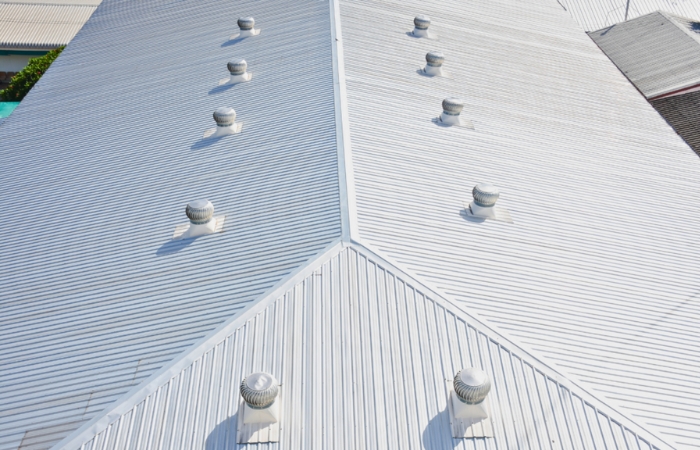
Commercial roofing is specifically designed to handle standard loads, such as those associated with snow and wind. While it excels in providing weather protection and aesthetic appeal for businesses and non-industrial structures, it may not possess the same level of robustness as industrial roofing systems.
In contrast, industrial roofing is meticulously engineered to support heavier loads commonly found in industrial settings. This includes accommodating equipment installations, storage requirements, and the routine maintenance activities inherent to industrial operations.
The focus on durability and load-bearing capacity makes industrial roofing more resilient to heavy equipment demands and daily industrial activities.
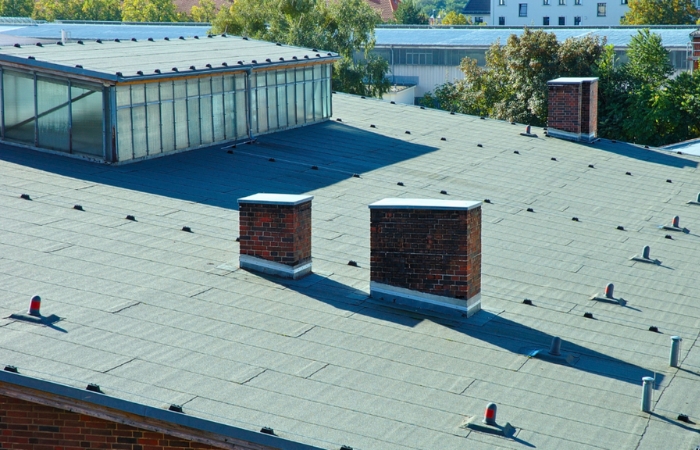
In Summary, commercial and industrial roofing are both tailored to meet the specific demands of their respective building types and industries. Commercial roofing prioritizes aesthetics and standard weather protection, while industrial roofing emphasizes durability, load-bearing capacity, and resistance to industrial processes and environmental conditions.
Whether you're navigating the nuances of commercial or industrial roofing, connecting with seasoned professionals guarantees a harmonious alignment of your project with your specific needs. Entrusting the expertise of roofing professionals ensures a smooth journey through the complexities of these roofing landscapes and a tailored solution that perfectly fits the puzzle of your unique requirements.